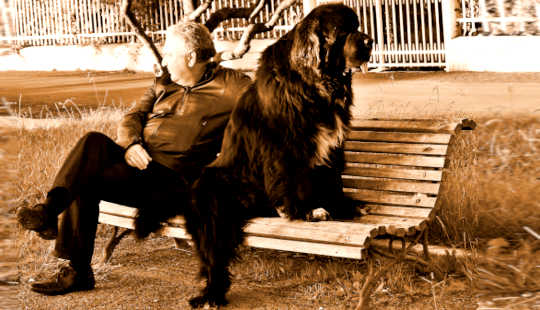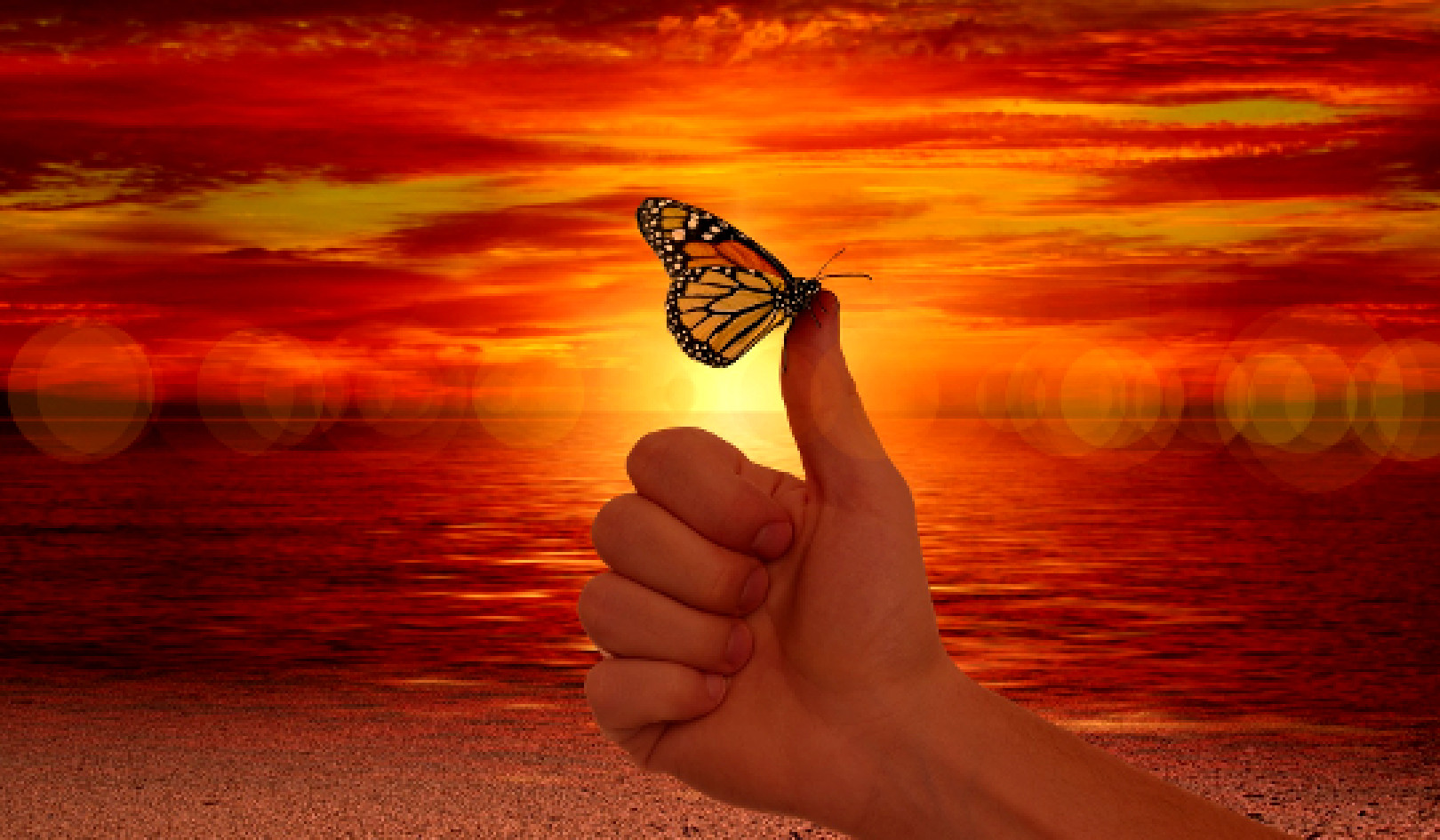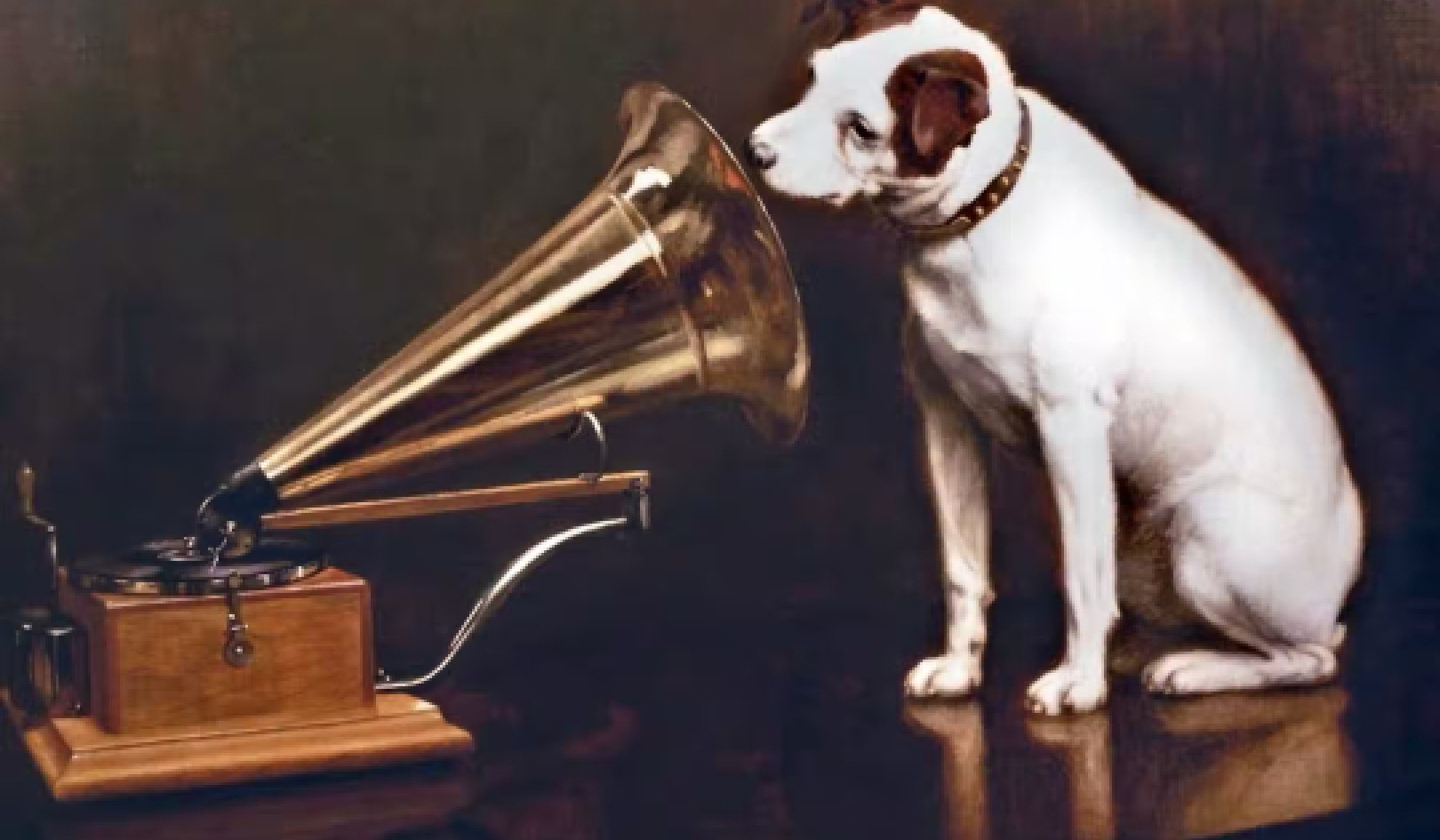
Image by Barbara Bonanno
Narrated by Marie T. Russell.
Watch video version on InnerSelf.com or on YouTube
In my many years of teaching animal communication, I have found that there are certain attitudes that support people in reclaiming their natural, inborn ability to communicate with all life.
I often call these Attitudes and HeartSets (as opposed to “MindSets”), and I share them with students in my beginning classes and workshops.
1. Undoing rather than Doing
In our modern, westernized, technology-driven cultures, we are accustomed to doing. Working hard, pushing, multi-tasking, trying hard.
When we want to open to our natural ability to communicate clearly with all life, we often need to “undo” a lot of our prior human conditioning, habits, ways of relating to the world, and tendencies to move quickly.
It is helpful to slow down, open our awareness, and put our focus on being – undoing – rather than doing. This approach will allow us to connect with animals more easily, and make it easier for them to connect with us.
2. Feeling rather than Thinking
Our human thinking minds are a wonderful tool. They help us to get where we need to go on time, make our grocery lists, and create all kinds of wonderful things in the world.
However, in relearning how to communicate with animals and all life, our human thinking minds are not well-suited for the task.
Rather, our feeling center (which includes but isn’t limited to just our emotions) is the center of awareness that we need to cultivate to connect clearly, honestly, and deeply with other species.
We can set our thinking minds aside; not banishing our thoughts, but letting them flow to the side of our awareness while we focus on our intuitive, receptive, feeling modes of understanding.
3. Allowing rather than Striving
In our modern human cultures, we are encouraged to push, to drive ourselves and others relentlessly, to work hard, to try hard, to strive. This way of being is not helpful when we are reawakening our natural ability to communicate intuitively and telepathically.
Instead, we can adopt an attitude of allowing, of openness, of receptivity and flow. People are often surprised to discover that the less hard they try, the easier it is to receive communication from animals.
4. Focus on Strengths rather than Challenges
We can support ourselves in reclaiming our inborn ability to communicate with all life by focusing on what is working well, what we are doing already, what we have already experienced, rather than on what we don’t do as well or what we don’t experience.
For example, most people naturally receive in one or two predominant ways. Feeling, images, general knowing, kinesthetic sense…each of us is different. So, rather than focusing on the way that we are not receiving, we can focus on and strengthen what we are receiving, noticing how it is coming in for us, and then affirm and build on those strengths and what is already working.
I coach my students in recognizing how they have received telepathic communication already, sometimes without recognizing it as such, and also in “fertilizing” the plant that is already growing…the ways in which they are already receiving and experiencing close contact with animals. The more we nourish and fertilize these strengths and honor our experiences, the more they will flourish and grow.
5. Less rather than More
Often, people want to push, to achieve, to “get it right”, to figure it out, to understand. This is a habit of many of our workplaces, our schools, and the institutions of our societies.
In opening to hear the animals and all beings freely and clearly, it can really help us to let go, to simplify, to slow down, do less, stop pushing, and become slower, quieter. In the quest to open more deeply to communicating with all life, less really is more.
We can be willing to be wrong, to not get it, to not understand. We can relax and not try so hard. These practices may take a significant shift in our habitual ways of doing and being, but they will be deeply supportive of our intention to connect more deeply with animals and all life.
Take a few minutes each day to be with a tree, to sit quietly with one of your animal friends, to gently open to the experience and perspective of the birds, the insects, the plants in your home or garden. These small moments are powerful, and will begin to create a way of being, listening, and perceiving that will open your awareness and understanding of the other-than-human worlds.
I hope that these suggestions will support you in slowing down, opening your intuitive senses, and deepening your connection with all life!
This article was reprinted with permission
from Nancy's blog. www.nancywindheart.com
About the Author
 Nancy Windheart is an internationally recognized animal communicator and interspecies communication teacher. She teaches courses and training programs in interspecies communication for both lay people and those who wish to practice professionally. Nancy also provides animal communication consultations, intuitive and energy healing sessions, and professional mentoring for clients worldwide. She is also a Reiki Master-Teacher and a certified Yoga teacher.
Nancy Windheart is an internationally recognized animal communicator and interspecies communication teacher. She teaches courses and training programs in interspecies communication for both lay people and those who wish to practice professionally. Nancy also provides animal communication consultations, intuitive and energy healing sessions, and professional mentoring for clients worldwide. She is also a Reiki Master-Teacher and a certified Yoga teacher.
Nancy’s work has been featured in television, radio, magazine, and online media, and she has written for many digital and print publications. She is a contributor to the book, The Karma of Cats: Spiritual Wisdom From Our Feline Friends.
For more info, visit www.nancywindheart.com.
Related Book:
The Karma of Cats: Spiritual Wisdom from Our Feline Friends
by Various Authors. (Nancy Windheart is one of the contributing authors)
 Both revered and feared throughout history, cats are unique in the mystical truths and practical lessons they share with us. In The Karma of Cats, spiritual teachers and writers reflect on the wisdom and gifts they’ve received from their feline friends?exploring themes of radical respect, unconditional love, our spiritual nature, and more. Loving companions and wild spirits, our feline friends have much to teach all who welcome them into their homes and hearts.
Both revered and feared throughout history, cats are unique in the mystical truths and practical lessons they share with us. In The Karma of Cats, spiritual teachers and writers reflect on the wisdom and gifts they’ve received from their feline friends?exploring themes of radical respect, unconditional love, our spiritual nature, and more. Loving companions and wild spirits, our feline friends have much to teach all who welcome them into their homes and hearts.
With an introduction by Seane Corn and contributions by Alice Walker, Andrew Harvey, Biet Simkin, Brother David Steindl-Rast, Damien Echols, Geneen Roth, Jeffrey Moussaieff Masson, Kelly McGonigal, Nancy Windheart, Rachel Naomi Remen, Sterling “TrapKing” Davis, and many more.
Click here for more info and/or to order this paperback book. Also available in a Kindle edition.




























